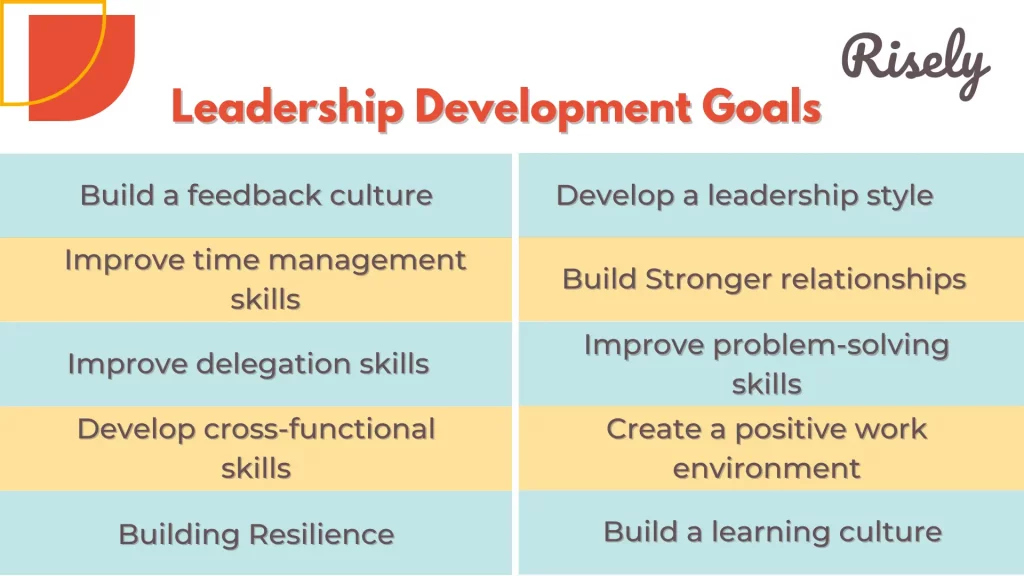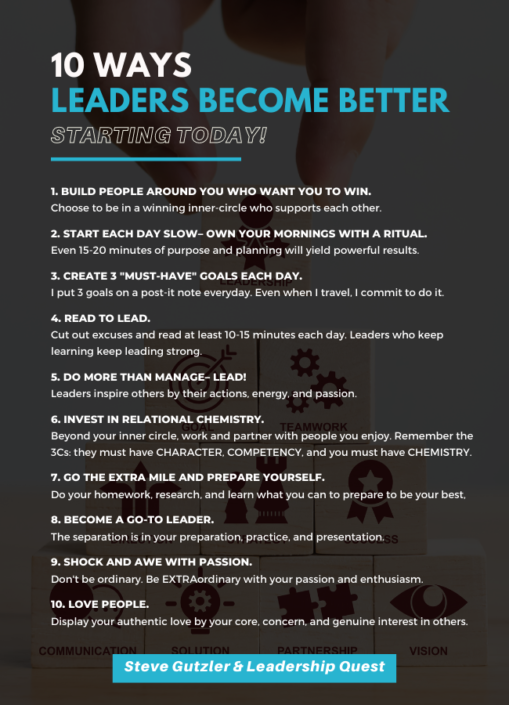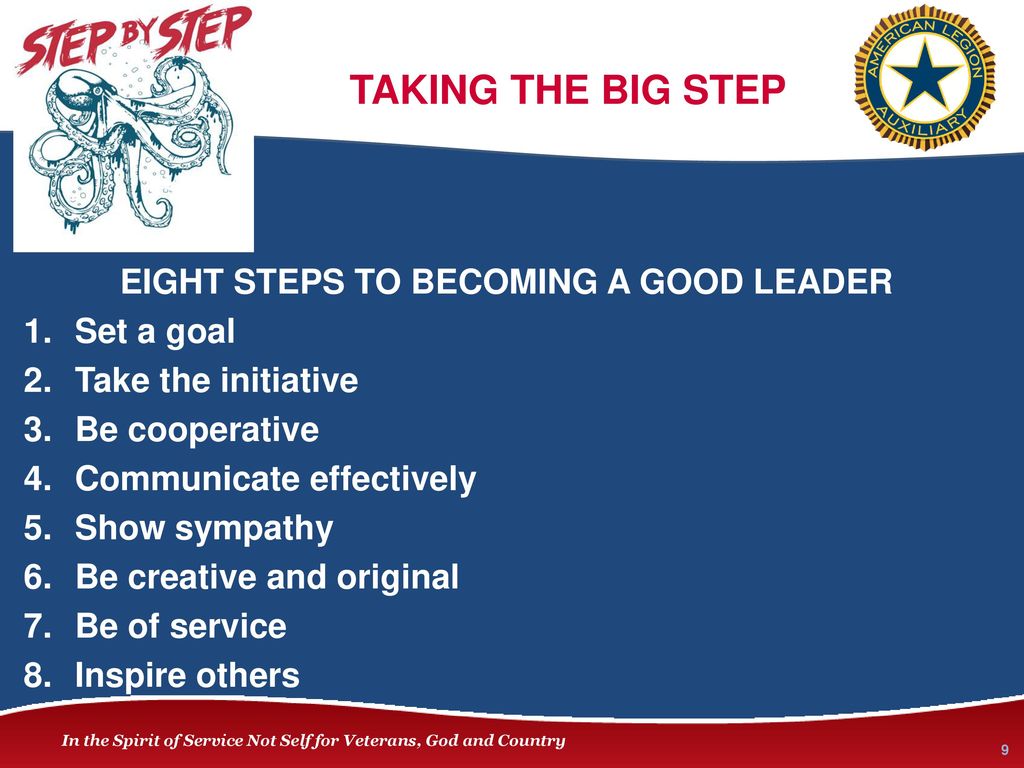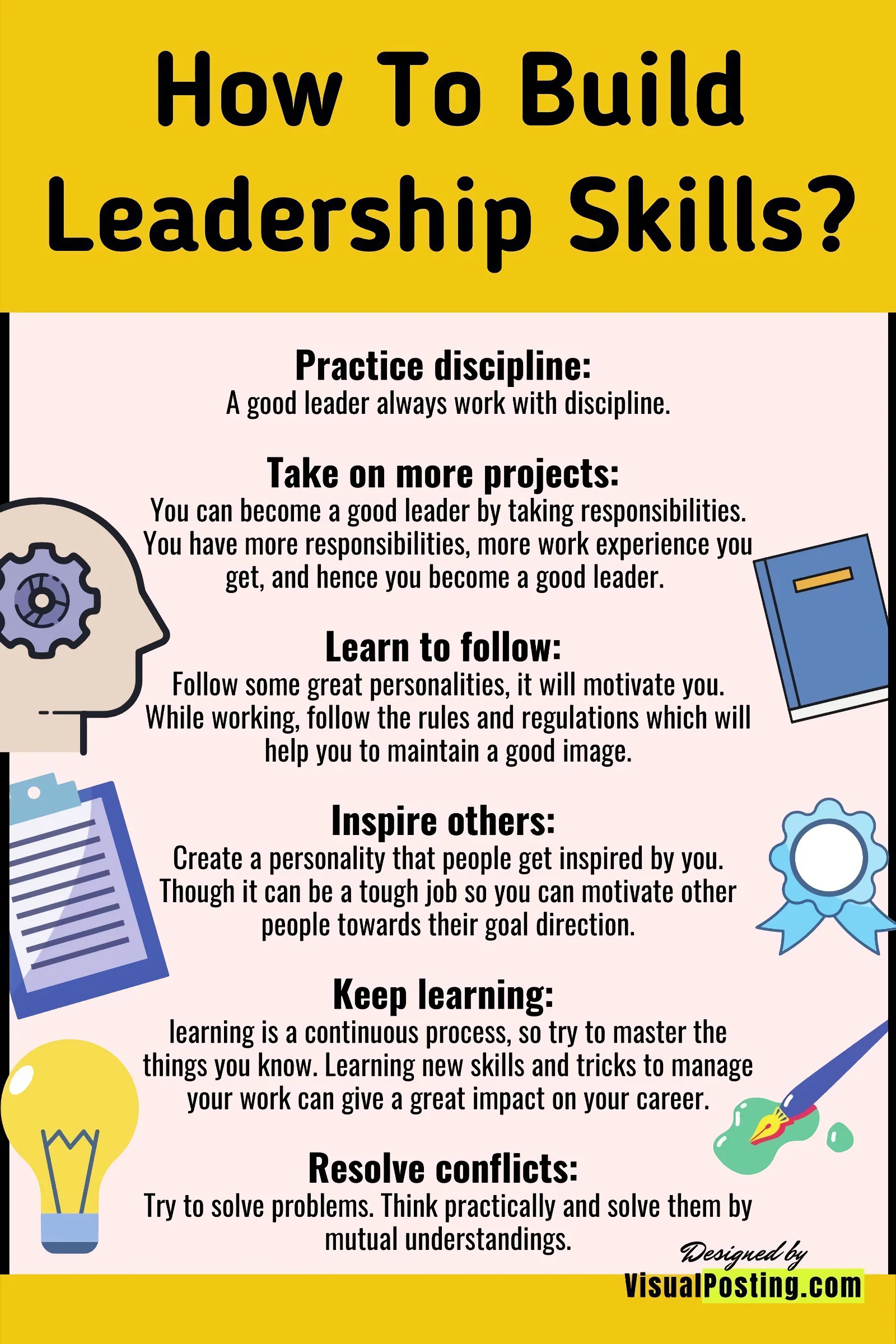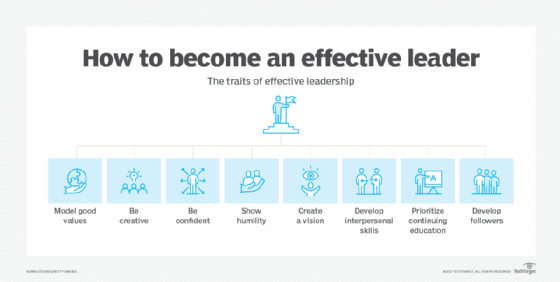Goals For Becoming A Better Leader
.jpg?width=1080&name=Copy of IG - General Copy Light - 1080 x 1350 (8).jpg)
Businesses face unrelenting pressure to adapt and thrive. Effective leadership is no longer a desirable trait, but a critical survival skill.
This article examines actionable goals for leaders aiming to sharpen their skills and navigate the complexities of today's business landscape, drawing on expert insights and proven strategies.
Cultivate Emotional Intelligence
Emotional intelligence (EI) is the cornerstone of effective leadership. It allows leaders to connect with their teams on a deeper level.
Daniel Goleman, a renowned EI expert, emphasizes that EI encompasses self-awareness, self-regulation, motivation, empathy, and social skills. Leaders should actively work on understanding and managing their own emotions, as well as recognizing and responding to the emotions of others.
According to a TalentSmart study, EI is responsible for 58% of performance in all types of jobs.
Prioritize Communication Skills
Clear, concise, and consistent communication is paramount. Misunderstandings and inefficiencies arise when communication falters.
Leaders must be adept at both verbal and written communication, actively listening to their team members, and providing constructive feedback.
Research from MIT Sloan Management Review highlights that organizations with effective communication strategies are 50% more likely to report employee retention rates above the industry average.
Embrace Continuous Learning
The business world is in constant flux. Leaders must be lifelong learners to stay ahead of the curve.
This involves staying updated on industry trends, seeking out new knowledge and skills, and being open to new ideas and perspectives.
A Deloitte report revealed that companies that invest in continuous learning are 46% more likely to be first movers in their respective industries.
Delegate Effectively
Effective delegation is not just about offloading tasks. It's about empowering team members and fostering growth.
Leaders should identify the strengths of their team members and delegate tasks accordingly. Providing clear instructions, resources, and support, while allowing autonomy, is crucial.
Harvard Business Review research indicates that effective delegation increases employee engagement and productivity by up to 30%.
Build Trust and Transparency
Trust is the foundation of any successful team. Transparency fosters trust and strengthens relationships.
Leaders must be honest, ethical, and accountable in their actions. Sharing information openly and communicating decisions clearly builds confidence and loyalty.
A Gallup poll found that only one in three U.S. workers strongly agree that they trust their employer.
Therefore building trust is critical.
Foster a Culture of Innovation
Innovation is essential for long-term success. Leaders must create an environment where creativity is encouraged and experimentation is valued.
This involves providing opportunities for team members to share their ideas, take risks, and learn from failures.
PwC’s Global Innovation Survey revealed that companies with a strong innovation culture are 22% more profitable than those without.
Next Steps
These goals are not a one-time fix, but an ongoing journey. Leaders should regularly assess their strengths and weaknesses and identify areas for improvement.
Seeking feedback from team members, participating in leadership development programs, and engaging in self-reflection are all valuable steps towards becoming a more effective leader.
The most crucial next step is consistent implementation of the goals discussed above.

